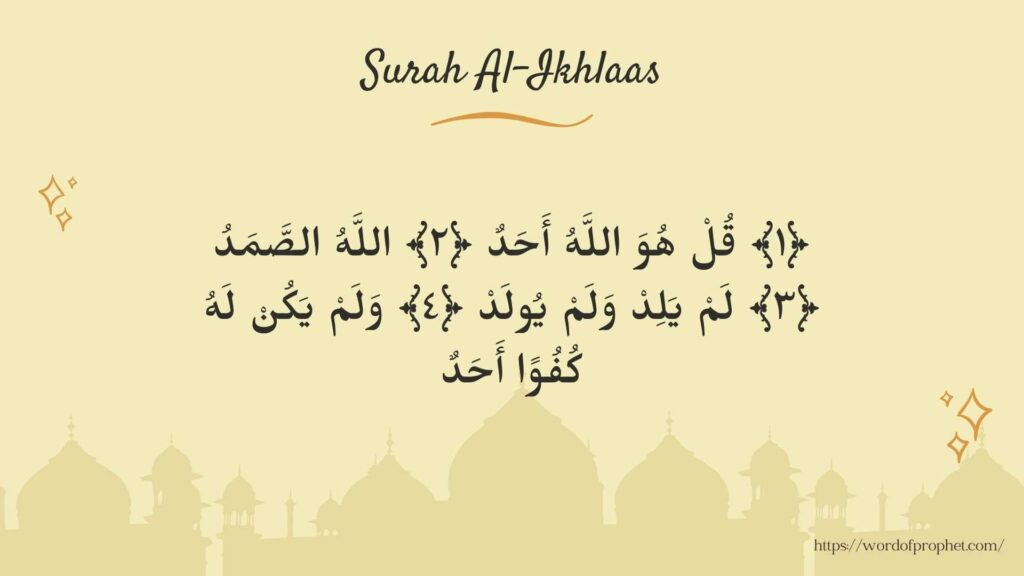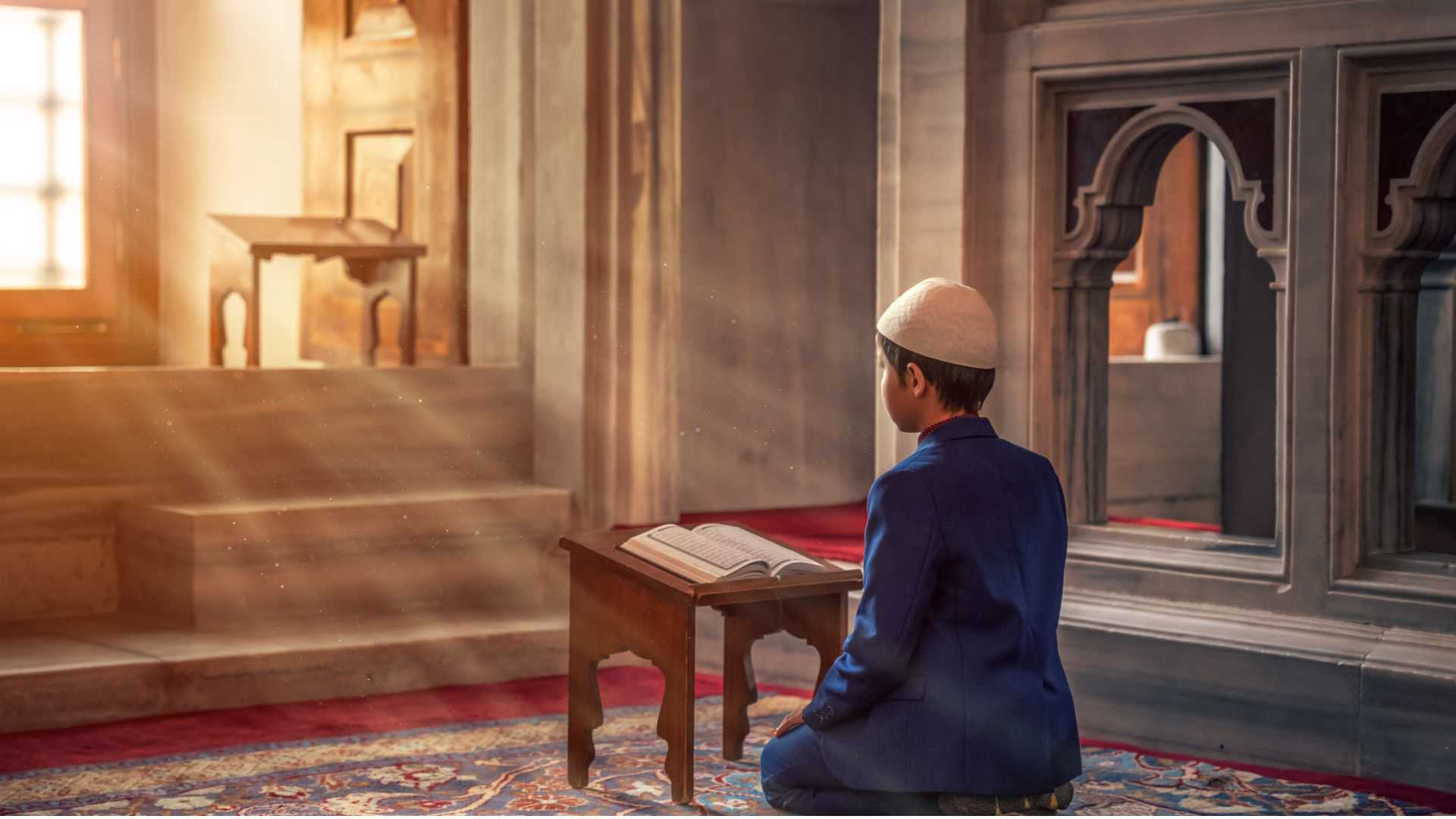Why does the Quran say we instead of I? In Arabic literature, using the pronoun “nanhu” (we) to refer to oneself out of reverence or exaltation is a literary convention. He might also say “ana” (I) which refers to one person, or “huwa” (he), which is third person. In the Qur’an, Allah addresses the Arabs in all three vocabularies and uses their own language. That is Why the Quran say we instead of I.
(Fataawa al-Lajnah al-Daa’imah, 4/143).
“Allaah, may He be glorified and exalted, sometimes refers to Himself in the singular, by name or by use of a pronoun, and sometimes by use of the plural, as in the phrase (interpretation of the meaning): ‘Verily, We have given you a manifest victory” [al-Fath 48:1], and other alike phrases. But Allah never refers to Himself by use of the dual, because the plural refers to the respect that He deserves, and may refer to His names and attributes, whereas the dual refers to a specific number (and nothing else), and He is far above that.”
(Al-‘Aqeedah al-Tadmuriyyah by Shaykh al-Islam Ibn Taymiyah, p. 75).

One individual may use these pronouns—innaa (“Verily We”) and nahnu (“We”), as well as other plural forms—to speak on behalf of a group or to express reverence or glory, as some monarchs do when issuing pronouncements or proclamations that begin with the phrase “We have decided,” etc. This is referred to as “The Royal We” in English [Translator]. Although only one person is speaking in some instances, the plural is nonetheless used out of respect. Allah, may He be honored and exalted, is the One Who is most deserving of respect; therefore, when He says innaa (“Verily We”) and nahnu (“We”) in the Qur’an, it is for reverence and praise, not to indicate a group of individuals.
Also Read: Why the Quran was revealed in Arabic?
It is important to resort to the clear, unambiguous aayaat for clarity if an aayah of this kind is causing uncertainty. For instance, if someone asserts that verses like “Verily, We: It is We Who Have Sent Down the Dhikr (i.e., the Qur’an)” [al-Hijr 15:9 – interpretation of the meaning] demonstrate the plurality of the gods, we can disprove this assertion by Saying: “And your god is One God, there is none who has the right to be worshipped but He, the Most Beneficent, the Most Merciful” [al-Baqarah 2:163] and “Say: He is Allaah, the One” [al-Ikhlaas 112:1] [al-Kihlaas 112:1] – and other aayaat that have a single interpretation.
For the one looking for the truth, uncertainty will be eliminated as a result. Every time Allah refers to Himself in the plural, He does so out of respect and reverence for Him, as well as because of the vast number of His names and qualities, as well as the vast number of His angels and armies. So if anytime a disbeliever asks you why does the Quran say we instead of I, you can tell them that it is for glorification and praise, not about the numbers.
Read Islamic Blogs or Follow us on social media for daily Islamic reminders.






